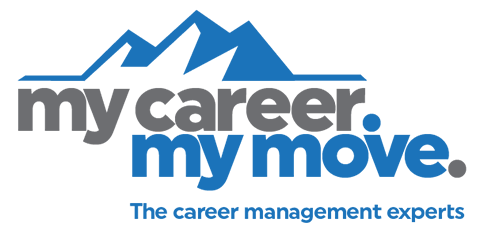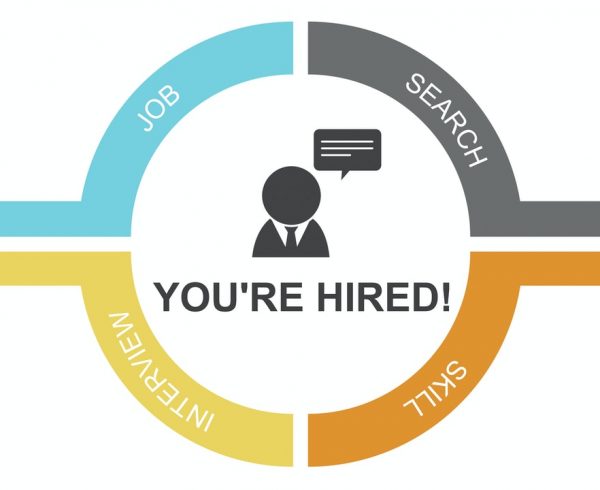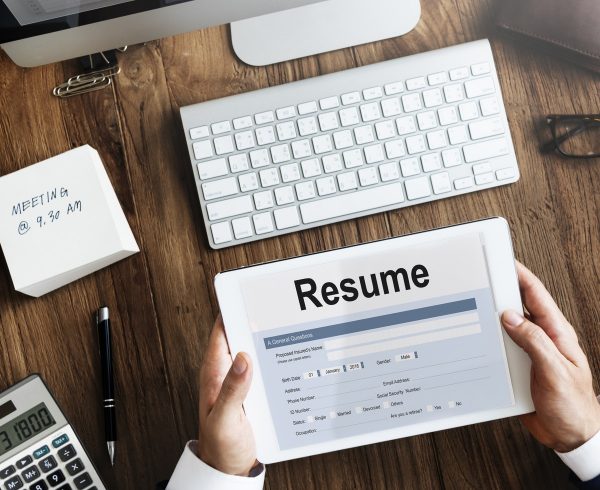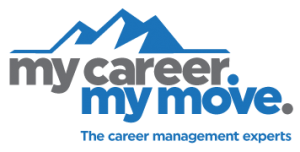It’s one of the most commonly asked questions you can encounter at interview and if you are like most candidates, one that creates inner turmoil as you try to decide how to answer in a way that doesn’t make you sound too whimsical or too egotistical.
Sound familiar? Then here are four steps to help you answer the question ‘what are your greatest strengths’ professionally and positively.
Step 1 – Identify your strengths
The first step is to identify your strengths. Your strengths are likely to be a mix of three things;
- Your knowledge-based skills – the skills that require training and education (software programs, languages, technical skills, etc.)
- Your transferrable skills – the skills you take with you into any role (communication skills, problem-solving ability, etc.); and
- Your personal traits – the characteristics that describe you as a person (hardworking, team player, collaborator, etc.)
As a result, some strengths will be easy to identify, but others may be off your radar. One way to evaluate your strengths is to reflect on challenging situations where you were faced with a problem, how did you rise to the challenge? What motivated you to keep moving forward? Did you approach it differently or innovatively? What happened?
Arnold Schwarzenegger famously said, “Strength does not come from winning. Your struggles develop your strengths. When you go through hardships and decide not to surrender, that is strength.”
Another way is to ask for feedback from those around you. Talk to family, friends and colleagues about what they think are your strengths and most value about you.
Here are some examples that you might uncover:
- Team player
- Eager learner
- Highly organised
- Good under pressure
- Manage stress calmly
- Analytical
- Creative
- Innovative/think differently
- Organised
- Good listener
- Disciplined
- Good communicator
- Passionate
- Goal-driven
- Resourceful
- Honest/Have integrity
- Motivated
Step 2 – Determine Relevancy
Now that you know your strengths, you need to determine which ones are relevant to the role you are applying for. Before your interview, anticipate this question by choosing 3-5 key strengths that will be beneficial to the role and company. The job ad maygive you a lot of hints when you look closely at parts of the ad that describe what you’ll have to ‘do’ in the role.
Step 3 – Prepare Examples
Once you have determined which of your strengths are relevant for the job you’re applying for, you can further prepare for the interview by thinking of practical examples that demonstrate your strengths. This is the proof employers are looking for; they need to see the practical application for how you can benefit their organisation. Where possible look for examples that will stand out, provided a great result or be a little different to what other candidates may be saying.
Step 4 – Practice
Preparation will only get you so far; you also need to practice! This will help you to sound natural in your responses and give you more confidence in delivering your answers. If you can, ask a friend or family member to do a mock interview with you so you can practice this and other questions – and give them the freedom to add in some unexpected questions so you can practice thinking on your feet too.
Most importantly, remember that knowing and clearly articulating your strengths is not a sign of arrogance or ego. It is a necessary part of persuading an employer of why you are the right candidate for the job. They are interviewing to find someone with the right skills, strengths and attitude to help them to fix their problems, so don’t be afraid to sell your strengths well at interview!
Want more interview tips? Sign up to download our free resources or jump into our Starting Out, Starting Over and Starting New online career coaching programs. Want to talk to a real person to find out more? Give us a call on 1300 27 83 45.







